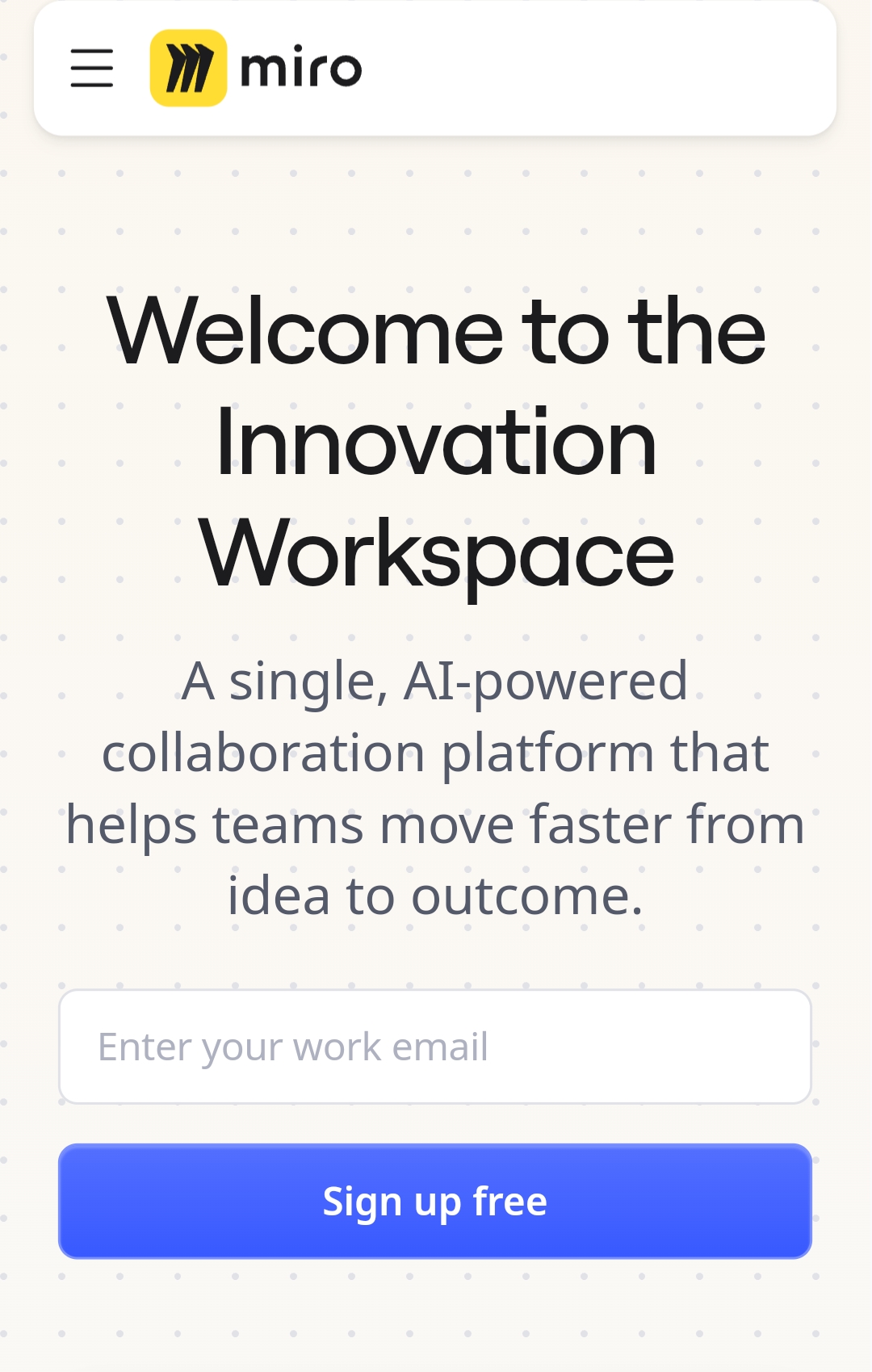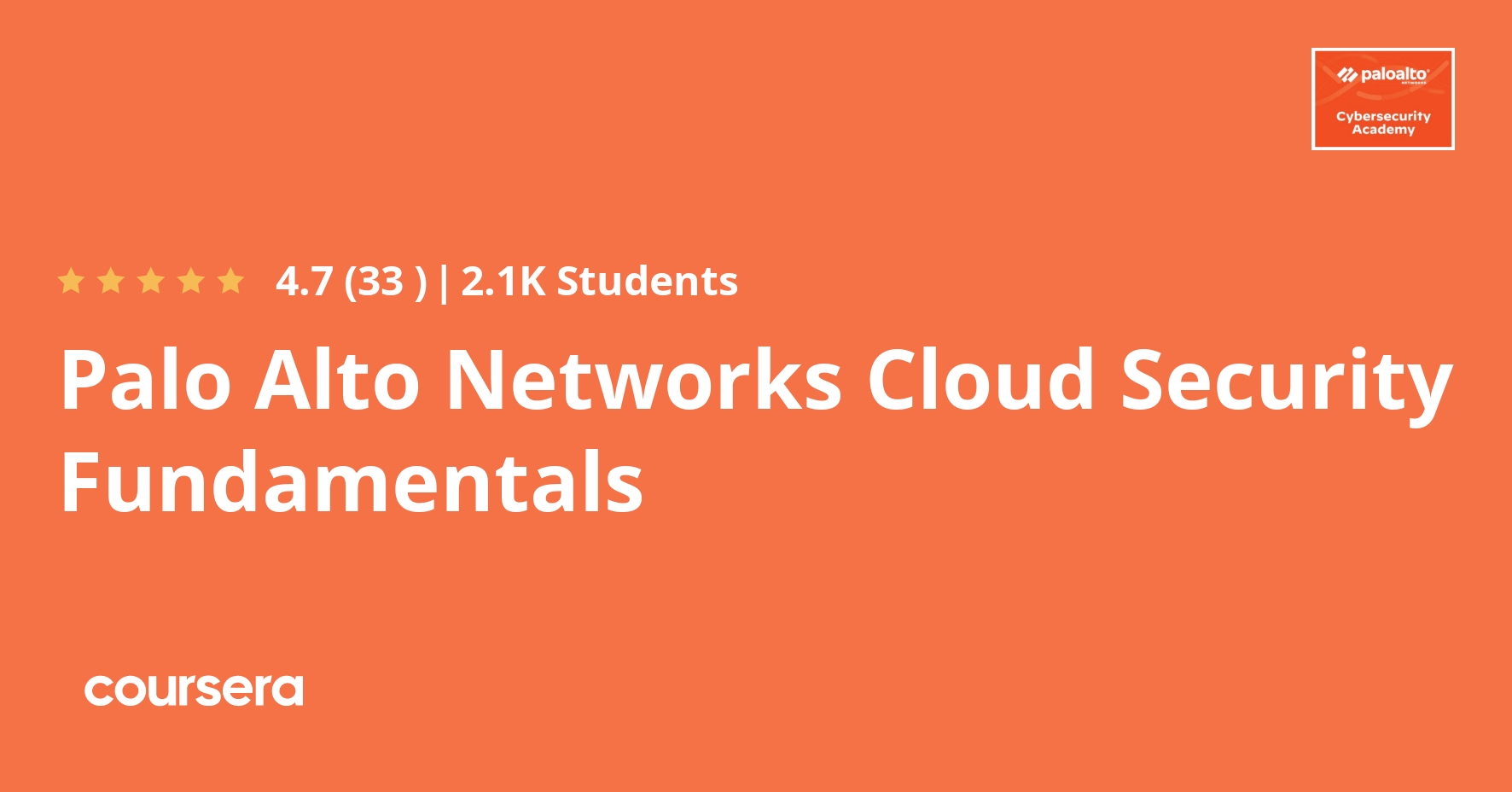Description
In this Cloud Security Fundamentals course you will learn basic principles associated with securing the cloud and SaaS-based applications through Secure Access Service Edge architecture and identify concepts required to recognize and potentially mitigate attacks against traditional and hybrid datacenters as well as mission critical infrastructure. The course also demonstrates how to initially setup and configure containers on a docker bridge network and test the container security through the use of vulnerability scans and reports.
What you will learn
Cloud Security Fundamentals – Module 1: Course Information
In the Cloud Security Fundamentals course, students will learn basic principles associated with securing the cloud and SaaS-based applications through Secure Access Service Edge architecture and identify concepts required to recognize and potentially mitigate attacks against traditional and hybrid datacenters as well as mission critical infrastructure. Students will also learn how to initially setup and configure containers on a docker bridge network and test the container security through the use of vulnerability scans and reports.
Cloud Security Fundamentals Module 2: Cloud Computing Models
The Cloud Computing Models learning activities help you analyze different public, private and hybrid cloud service and deployment models and also the shared responsibility model. Students evaluate virtual machine and network services that are utilized for cloud content deliveries, and focus directly on employing Next Generation Firewall technologies – NGFW – to protect data and prevent exploits.
Cloud Security Fundamentals Module 3: Cloud Native Technologies
Module 3 – Cloud Native Technologies – explores the underlying infrastructures of virtual machines, containers and serverless computing that are collectively known as the ‘cloud’.
Cloud Security Fundamentals Module 4: Cloud Native Security
The Cloud Native Security module introduces the 4 C’s: Cloud, Clusters, Containers and Code, and evaluates DevOps and DevSecOps best practices. It describes the CI/CP pipeline concepts of Continuous Integration / Continuous Delivery, and addresses complexities associated with Visibility, Governance and Compliance.








